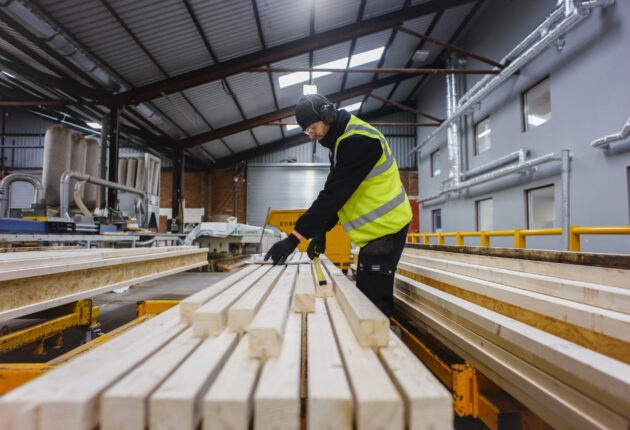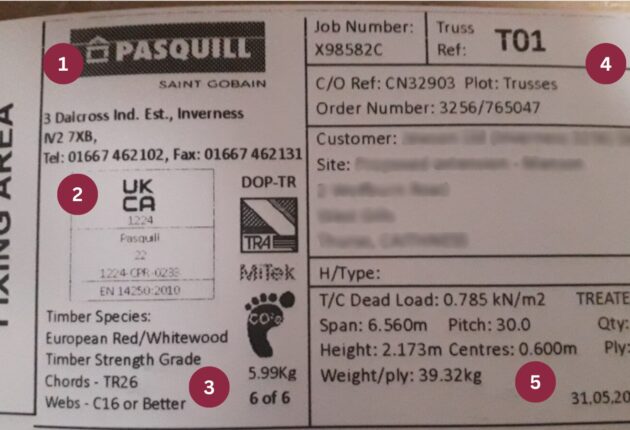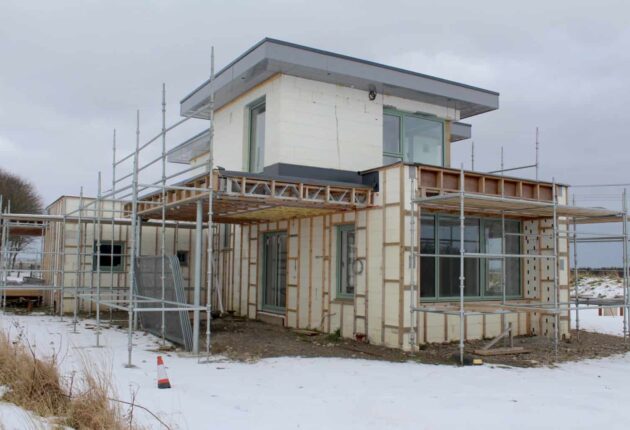Staying Safe On-Site in Winter with Pasquill
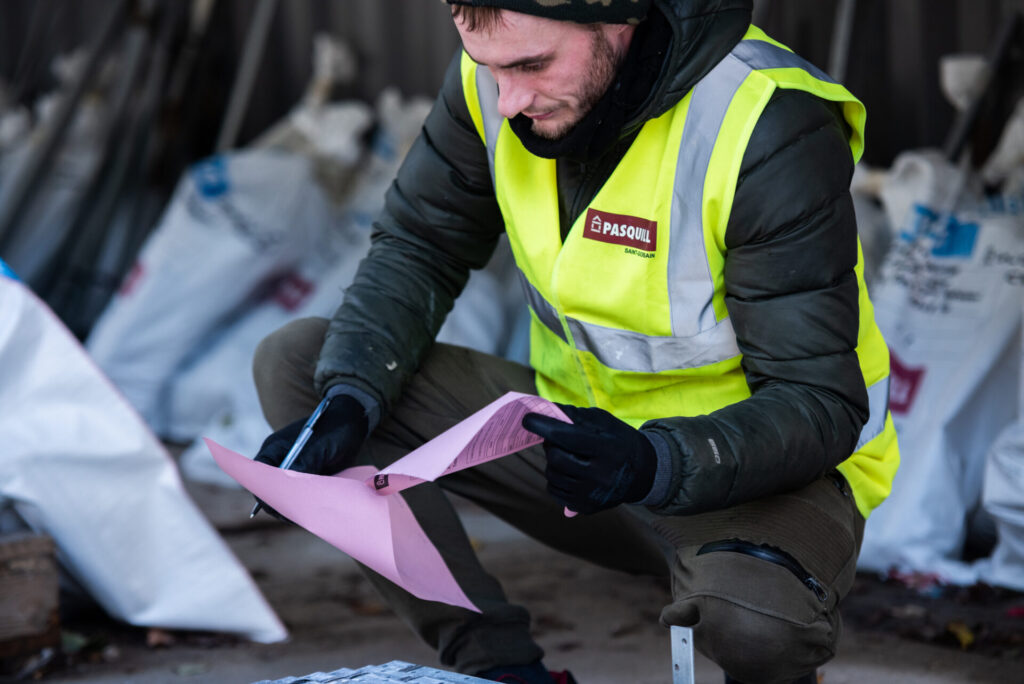
Each day people’s lives are affected by incidents at work, from physical injuries (including life changing or even fatal) to mental health or ill health.
As winter arrives it brings with it a different set of hazards like ice, snow, and cold temperatures. It is important to be aware of the risks and ensure health and safety guidelines to protect workers are followed.
In this blog, we’ll provide essential tips to help maintain safety during the challenging winter months and talk through what we do at Pasquill to ensure our colleagues stay safe.
Dare to Care
Our Dare to Care initiative is in place to promote a culture where everyone does their bit to keep themselves and their colleagues and customers safe. Dare to Care encourages people to speak up if they see something which doesn’t look like it’s being done safely. We operate by the saying ‘if you think you can’t do it safely, don’t do it’. Always Dare to Care, and don’t be afraid to speak out.
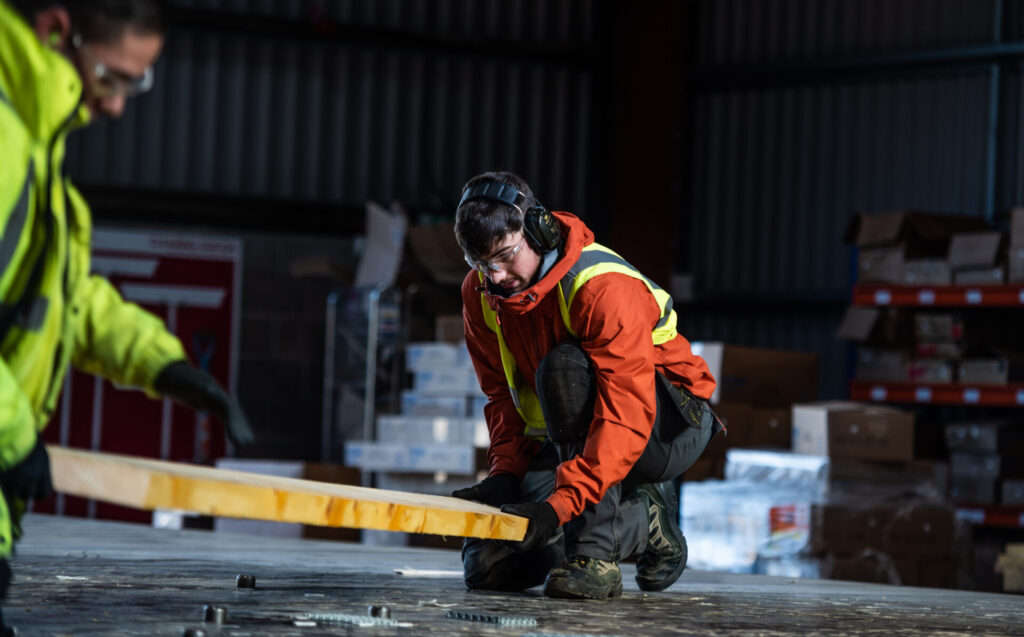
Stay aware
Reduced daylight hours in winter can make it difficult to spot potential hazards on-site. Ensuring our sites are well-lit is crucial to avoid accidents.
The sun is lower in the sky during the winter months and can cause more glare, so ensure that vehicle operators have ways to reduce the impact of glare when operating vehicles and that pedestrian crossings and unprotected walkways have clear visibility.
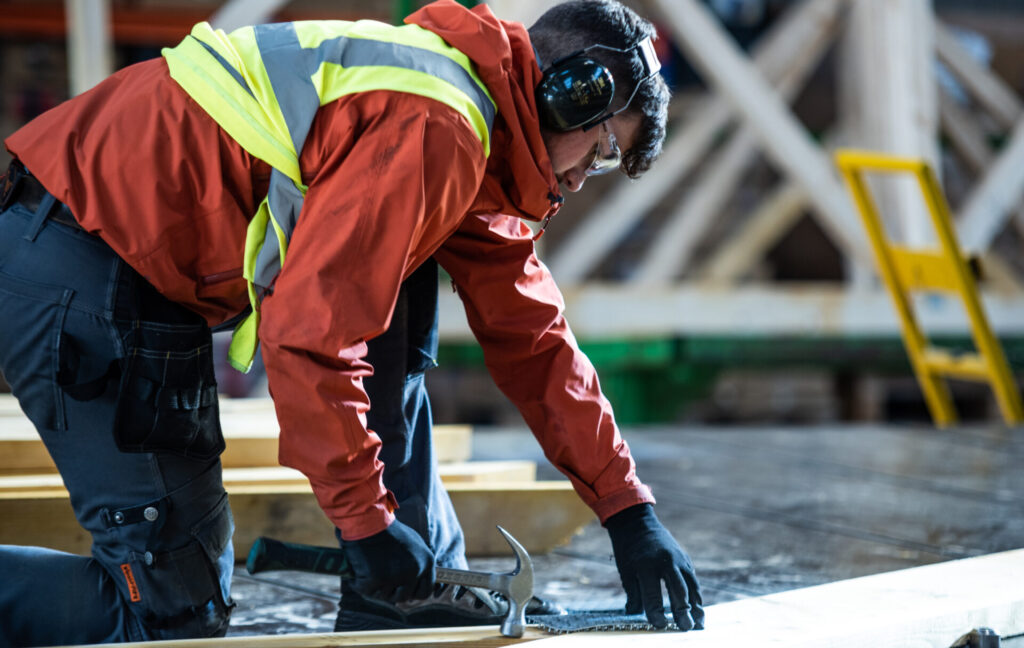
Take care in slippery conditions
The icy, slippery conditions which form in colder temperatures create a risk of trips and falls. Where possible, especially for high pedestrian routes like car parks and outdoor communal areas, salt and sand or grit are put down before the freezing conditions to help prevent the paths from becoming icy. Consider the use of gritting machines to aid this task to reduce the risk of manual handling incidents.
Icy patches should be clearly marked so that colleagues are made aware that they should take additional care. The increase in wet and decaying leaves on the ground from the wind and rain also adds to the risk of slipping, so we ensure they are removed regularly to keep a clear pathway.
We also encourage our colleagues to wear suitable footwear with good tread, to reduce the risk of slipping.
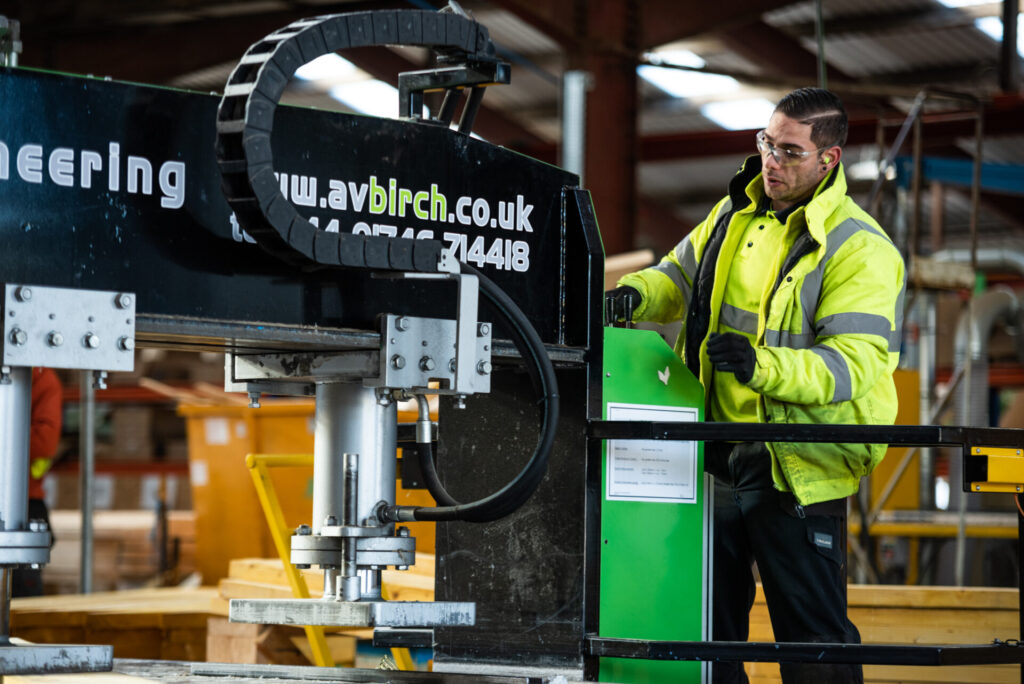
Stay warm
Accidents can happen on site during winter if people become uncomfortable and fatigued due to the cold temperature, as they can become distracted from concentrating fully on their tasks. This is especially dangerous if using heavy equipment or power tools.
As well as the standard PPE required for the work activities being carried out, consider additional equipment or clothing to help operators keep warm during cold winter months. Some examples to consider are:
- Hard hat liners to prevent heat from escaping
- Thermal hats and gloves
- Waterproof clothing
- Thermal jackets
Layering your clothing is also extremely important. Opt for thermal underlayers and waterproof outer layers to prevent moisture from soaking into clothing. The colder temperatures can make hands and fingers stiff, impairing ability to correctly handle tools and equipment.
Another serious risk the winter months bring for colleagues on-site is hyperthermia, which can occur even in moderately cold temperatures if the proper precautions aren’t taken. Early signs of hypothermia include shivering, fatigue, loss of coordination, confusion, and disorientation.
This is why it is important we encourage colleagues to take breaks when needed. We provide heated break areas so colleagues can rest and warm up, grab a warm drink and change out of wet clothing (and dry them) if required.
By recognising these risks and taking proactive steps, sites can remain safer during the challenging winter months.
At Pasquill, the safety of our colleagues is a top priority, we believe that if a task cannot be done safely, it should not be done at all. Protecting our colleagues’ health and well-being is not just a policy, it’s a commitment to ensuring that everyone goes home safely at the end of the day.
To find out more about how we go the extra mile to ensure our colleagues remain safe, visit our website.

